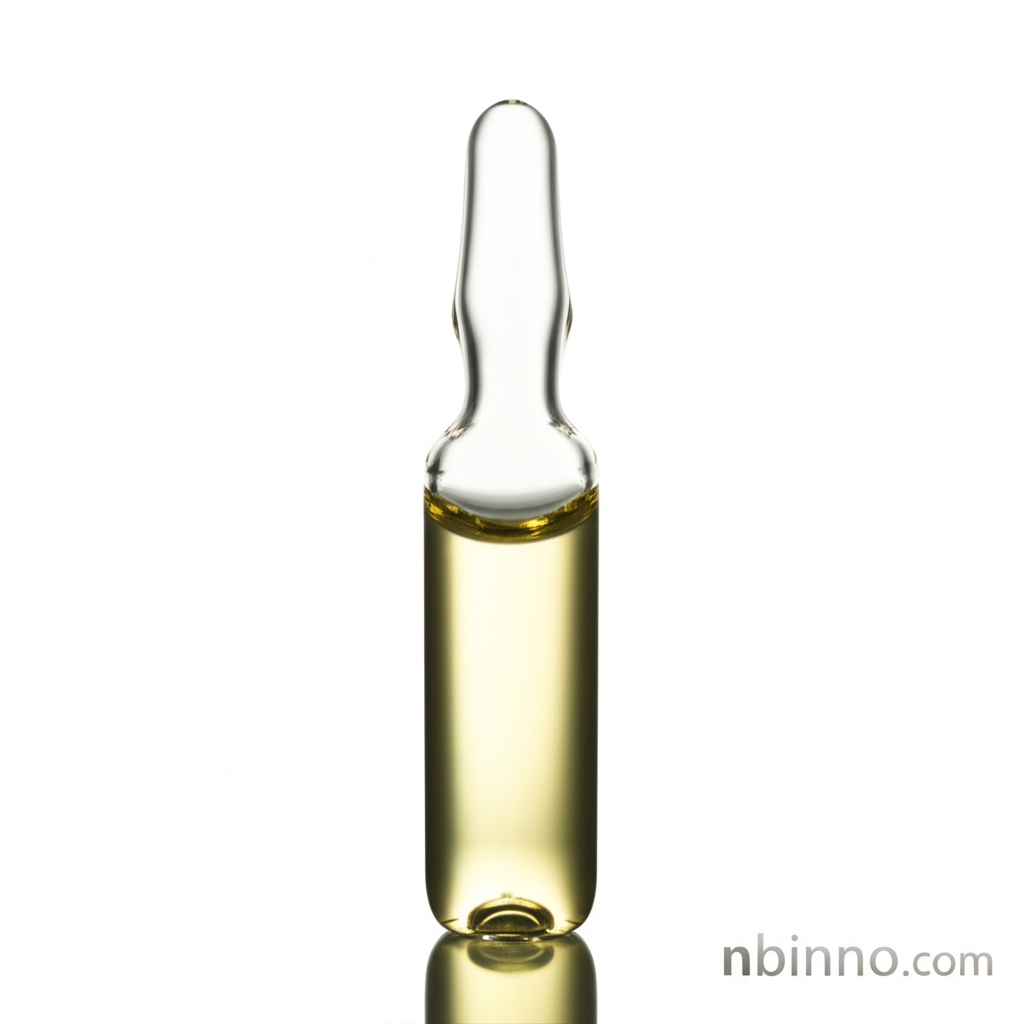Alpha-Linolenic Acid (ALA): A Comprehensive Look at its Health Benefits and Role in Cardiovascular and Cancer Risk Reduction
Discover the science behind Alpha-Linolenic Acid and its impact on your heart and overall health.
Get a Quote & SampleProduct Core Value

Alpha-Linolenic Acid
Alpha-linolenic acid (ALA) is a critical omega-3 fatty acid that plays a significant role in human health, originating from plant-based sources like flaxseeds, chia seeds, and walnuts. It is a precursor that the body can convert into longer-chain omega-3 fatty acids, eicosapentaenoic acid (EPA) and docosahexaenoic acid (DHA), which are essential for numerous physiological functions.
- Discover the benefits of ALA for heart health: Studies suggest it may help lower LDL cholesterol and triglycerides, contributing to improved cardiovascular health.
- Learn about ALA's role in brain function: As a component of brain cell membranes, adequate ALA intake supports cognitive performance and neuronal communication.
- Explore the findings on ALA and heart failure risk: While research is ongoing, some meta-analyses indicate no significant direct association between ALA intake and the risk of heart failure.
- Understand the dose-response relationship: Research indicates that a specific daily intake of ALA might be optimal for reducing cardiovascular disease mortality.
Key Advantages
Heart Health Support
Leveraging the power of plant-based omega-3s, ALA intake is linked to improved cardiovascular markers, potentially reducing the risk of heart disease.
Cognitive Function Enhancement
ALA's contribution to brain cell membranes makes it crucial for supporting brain function and cognitive health throughout life.
Dietary Versatility
Easily incorporated into your diet through common foods like flaxseeds and walnuts, or available as a supplement for convenient intake.
Key Applications
Cardiovascular Health
Focusing on ALA intake can contribute to managing cholesterol levels and supporting overall heart well-being, as explored in meta-analyses.
Brain Health and Cognition
Adequate ALA is important for maintaining cognitive functions and supporting the structure of brain cells, playing a role in neurological health.
Dietary Supplementation
ALA is widely available as a dietary supplement, offering a straightforward way for individuals to increase their omega-3 intake.
Nutritional Research Insights
Understanding the nuances of ALA's impact, including its conversion rates and association with different health outcomes, is a key area of ongoing nutritional research.
